Churchill was wrong: Russia is neither a riddle nor an enigma. Russians themselves concoct endless stories to glorify their country’s achievements and minimise its disasters and crimes. But the rest of us do much the same, as we try to explain Britain’s imperial history or the impact slavery still has on America’s revolutionary ideals. Russia is little harder to understand than anywhere else. But you need to separate the facts from the myths, as Mark Galeotti does in A Short History of Russia, an informative, perceptive and exhilarating canter through 1,000 tumultuous years.
He starts with two founding events, each a mixture of fact and myth. In the ninth century, the legendary Viking adventurer Ryurik founded the state of Kievan Rus, which straggled all the way from Novgorod in northern Russia to Kiev in the south (or Kyiv, as the Ukrainians, whose capital it now is, call it). Rus always teetered on the verge of disintegration, as domestic disorder undermined its ability to prevent foreigners plundering its territory for loot and slaves. Many Russians still believe that only a strong ruler can hold their sprawling country together.
The second defining event was the decision by Ryurik’s grandson Vladimir, for sound political reasons, to dragoon his people into adopting the Orthodox version of Christianity professed in Byzantium. An enduring division was thus created between Rus and the un-Orthodox West. Some Russians continue to suspect that their heretical Catholic neighbours are bent on subverting their faith and taking over their country. President Putin and his ally the Russian Patriarch play on that suspicion, and probably share it.
Kievan Rus was destroyed by the Mongols in the 13th century. Moscow replaced it, still ruled by Ryurik’s descendants. Europeans tend to think that the ‘Mongol yoke’ explains Russian ‘barbarism’, while many in Russia blame the yoke for dividing them from the European Renaissance, thus condemning them to backwardness. Galeotti is sceptical of both arguments.
In the 17th century, Russia was brought close to extinction by the Poles and by the chaotic aftermath of Ivan the Terrible’s bloody regime. The Romanovs, who took over, expanded their territory in search of secure boundaries, and landed themselves with an empire. Foreigners kept coming — Swedes, French, Turks, Germans — and were repelled with imported military technology. Peter the Great’s imperial Russia burst into European grand politics. But the dilemma remained: how to modernise the country without undermining its stability? Tsar Alexander II tried: he liberated the serfs and attempted far-reaching civil reform — and was assassinated by revolutionary fanatics for his pains.
The 20th century was Russia’s bloodiest. The country lost more than three million people in the first world war, and another 12 million in the civil war and famine which followed. Stalin then used terror to impose a botched industrial and agricultural revolution. Estimates of the resulting deaths from hunger, forced labour and execution vary between six and 20 million.
Stalin’s apologists argue that he enabled Russia to withstand the German onslaught of 1941, reconstitute the Tsar’s empire in Europe, and become a superpower. The price of that was a further 27 million wartime deaths. The victory, a dissident writer once told me, was nevertheless the only thing of which Russians could still be proud.
The corrupt and predatory system Putin built from the rubble of the Soviet dictatorship has failed, like its predecessors, to combine modernisation and stability. Now it, too, is guttering to a close. What will follow, and how and when, is beyond sensible prediction. Many Russians still yearn to be an orderly and co-operative part of Europe. Galeotti believes that next time they may succeed. Let’s hope he is right.
Got something to add? Join the discussion and comment below.
Get 10 issues for just $10
Subscribe to The Spectator Australia today for the next 10 magazine issues, plus full online access, for just $10.
You might disagree with half of it, but you’ll enjoy reading all of it. Try your first month for free, then just $2 a week for the remainder of your first year.

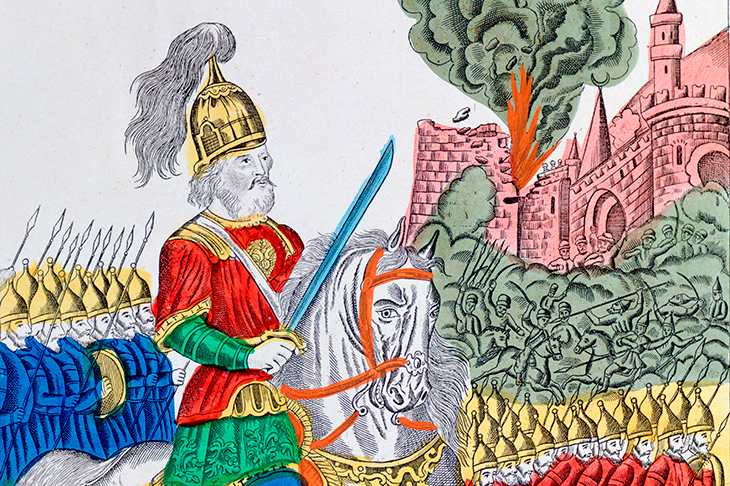
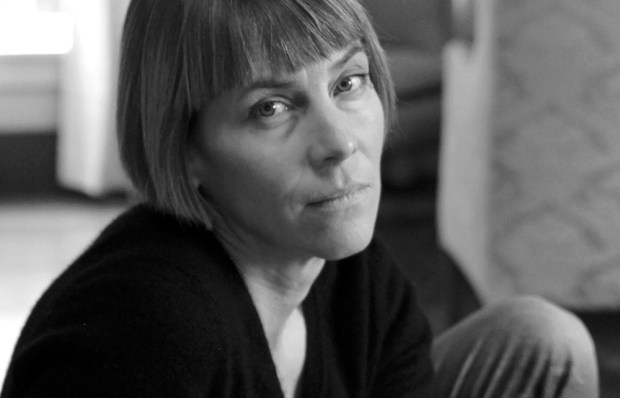
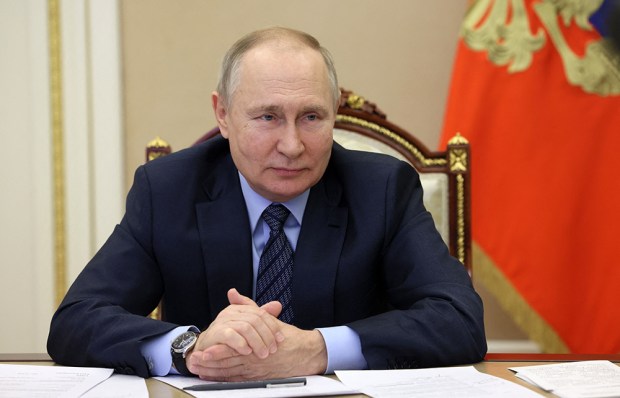
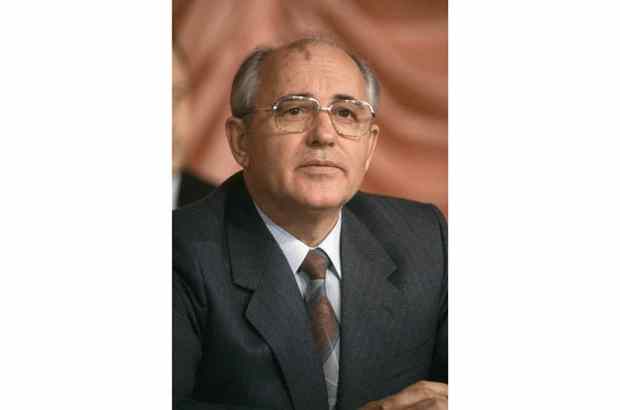
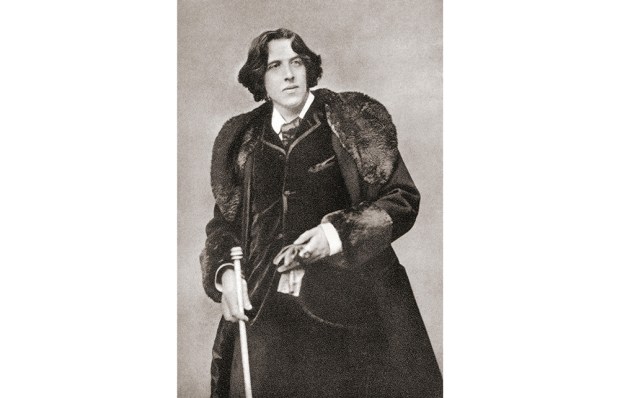








Comments
Don't miss out
Join the conversation with other Spectator Australia readers. Subscribe to leave a comment.
SUBSCRIBEAlready a subscriber? Log in